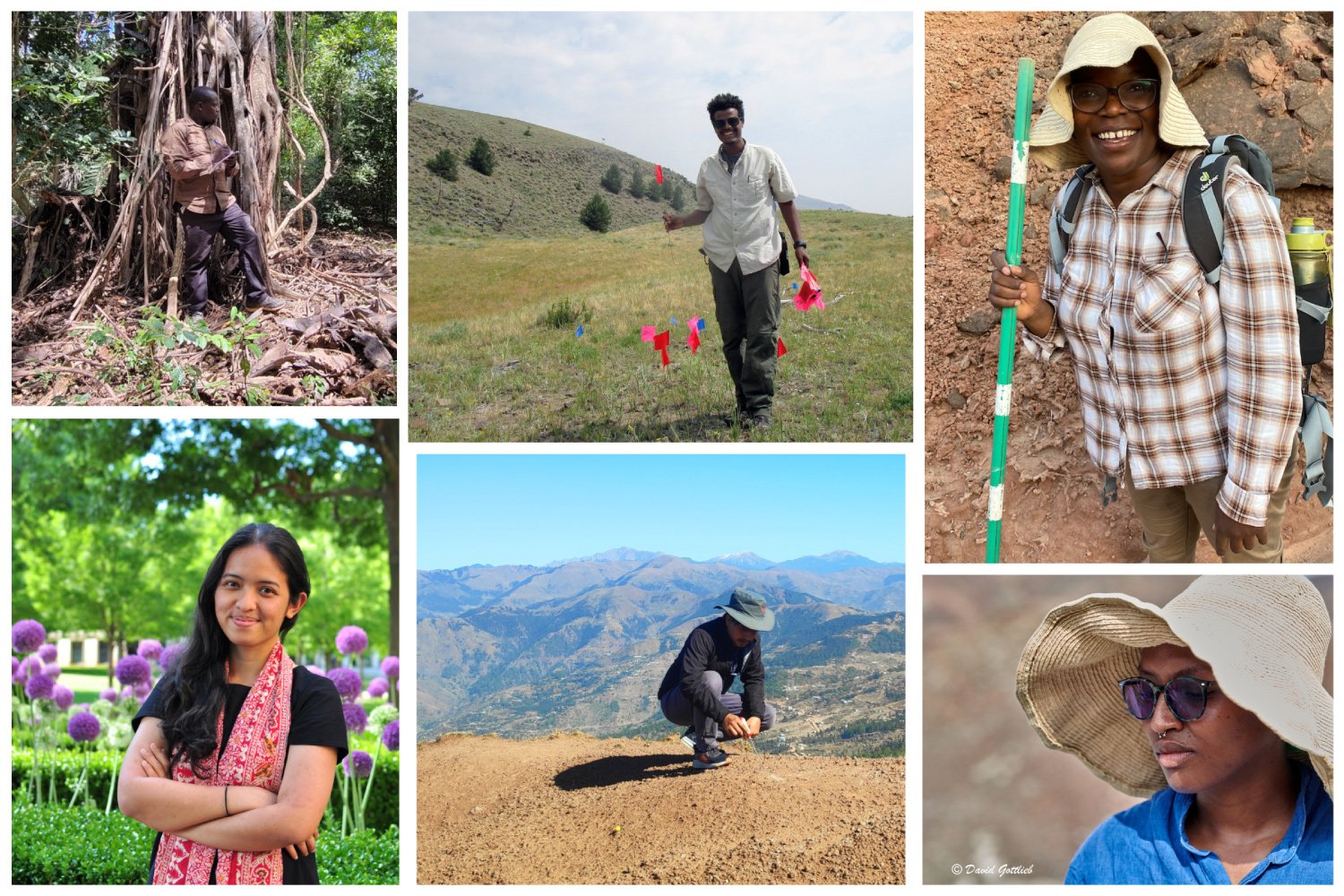
The Leakey Foundation’s prestigious Baldwin Fellowship program supports advanced education for a global community of scientists.
Since 1978, the Baldwin Fellowship has helped build scientific capacity in regions where fossils and wild primates are found. This year, we are proud to announce the largest cohort of Baldwin Fellows in the program’s 44-year history. Read on to learn about the 2022 Baldwin Fellows.
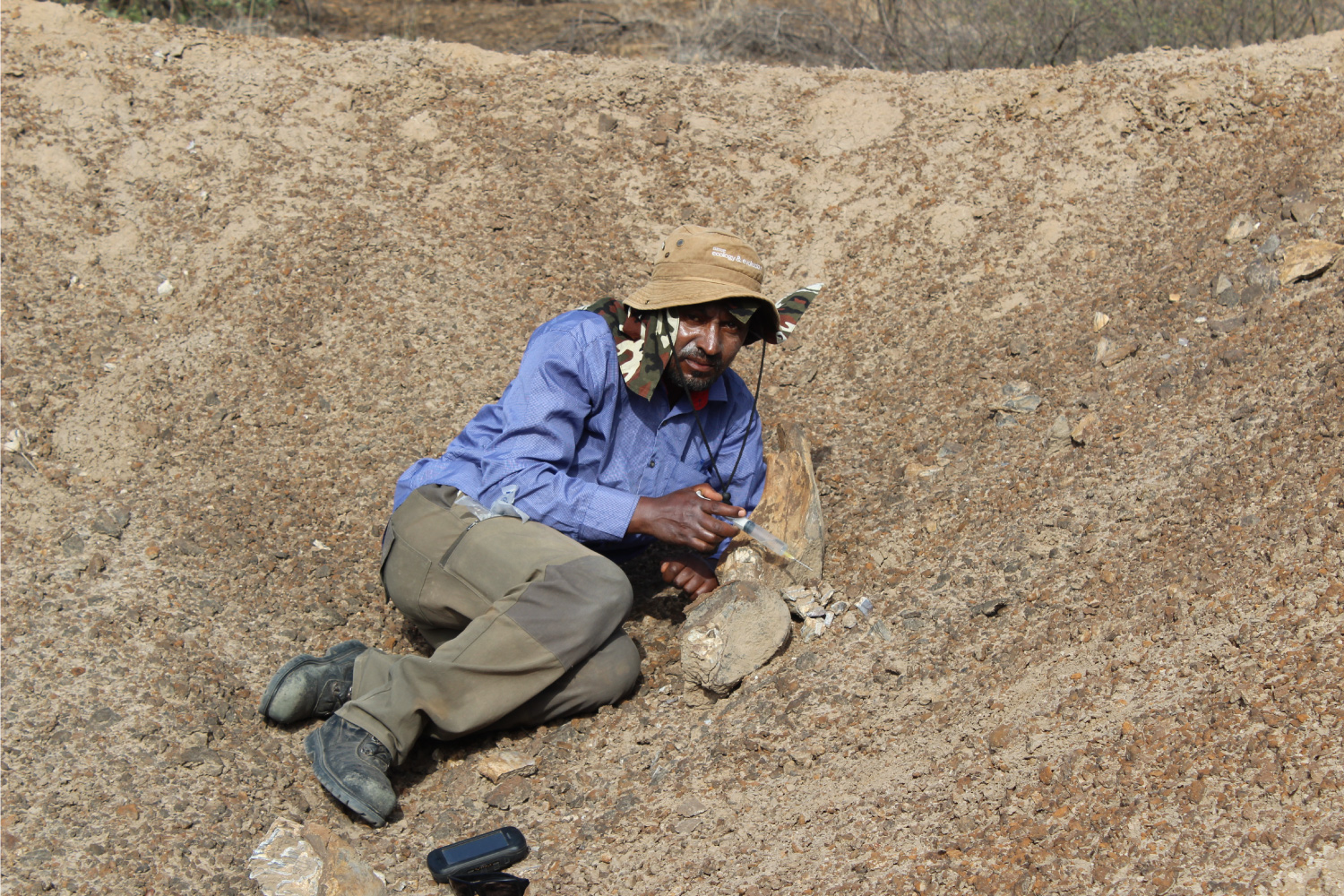
Tomas Getachew Bedane, Ethiopia
Tomas Getachew Bedane is a senior curator for the Authority for Research and Conservation of Cultural Heritage (ARCCH), the institution that manages and regulates laboratory and field research in Ethiopia. He is also pursuing his PhD with the Laboratory of PALEVOPRIM (Paleontology, Evolution, Paleoecosystems, Paleoprimatology) at the University of Poitiers in France.
His PhD project focuses on the evolutionary history of Elephas recki, an extinct relative of the Asian elephant, and on its different evolutionary stages between 3 Ma and 1 Ma. His research will explore ecological correlations among different hominin bearing localities in central and eastern Africa.
After he completes his PhD, his goal is to return to ARCCH/National Museum of Ethiopia and greatly expand his role. In addition, since undergraduate and graduate training in paleontology, paleoanthropology, and paleoecology is very limited in Ethiopia, he plans to teach new courses at Ethiopian universities and mentor students through hands-on research at the National Museum of Ethiopia.
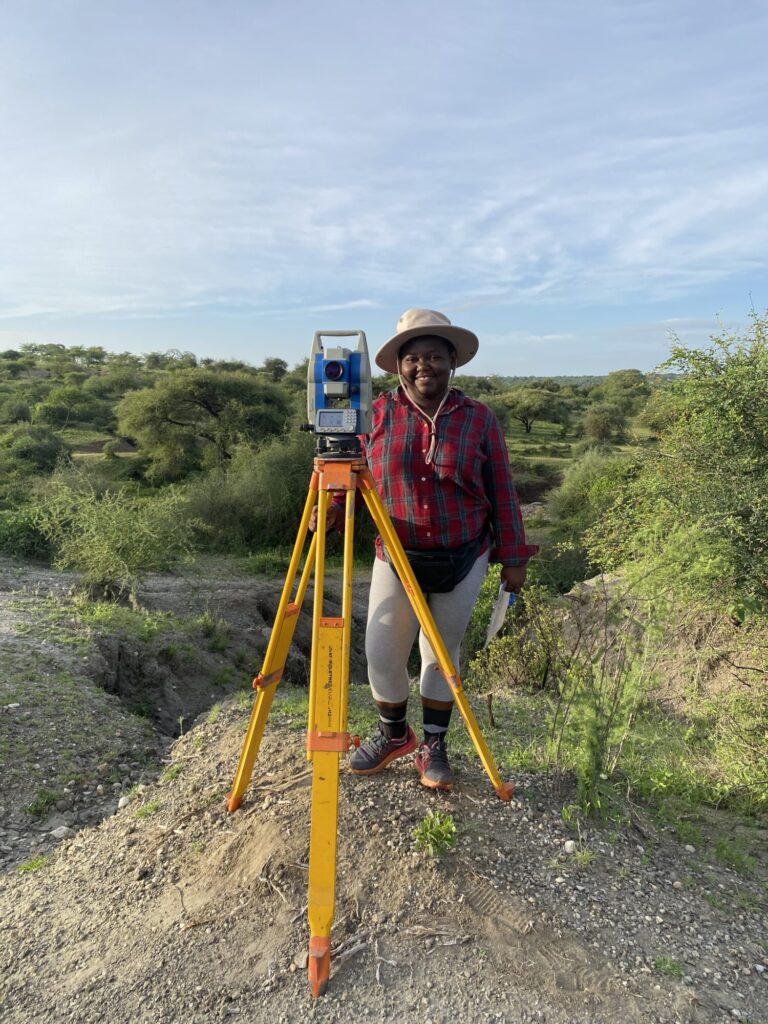
Mariam Bundala, Tanzania
Mariam Bundala is a returning Baldwin Fellow and PhD candidate at the University of Calgary where she studies landscape use and how environmental change has impacted human evolution. For her PhD project, she is analyzing phytoliths from the Manyara Beds in Tanzania, which are among the most important Middle Pleistocene sequences in East Africa. Her research could significantly contribute to our knowledge of the appearance of archaic Homo sapiens and the disappearance of the Acheulean Tool Industry in Africa.
Mariam holds a position as an assistant lecturer in the Department of Archaeology and Heritage Studies at the University of Dar es Salaam, Tanzania, where she is the only woman on the academic staff. After earning her doctorate, she intends to return there as a lecturer and a senior researcher.
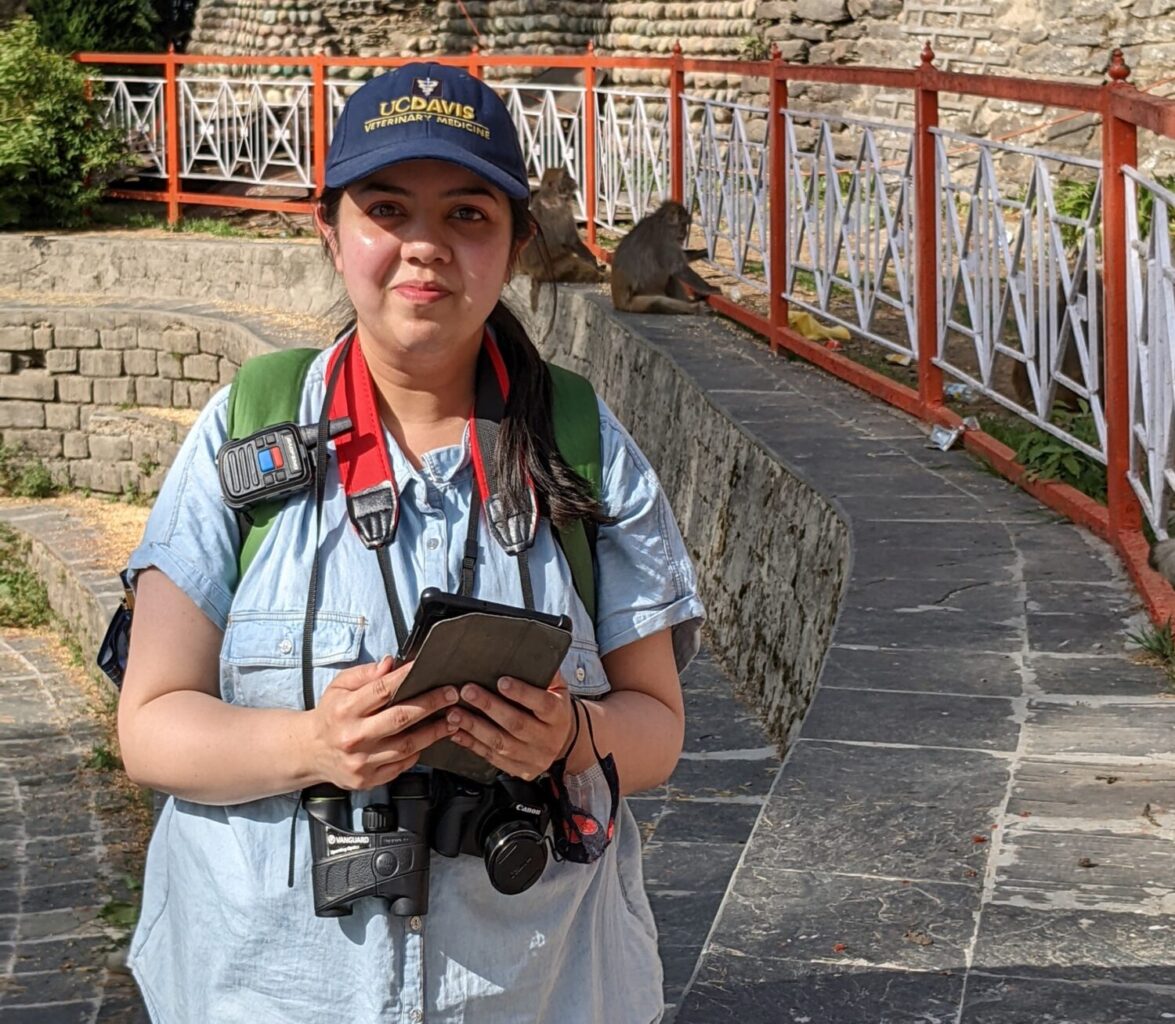
Photo credit: Krishna Pithva
Bidisha Chakraborty, India
Bidisha Chakraborty is a PhD candidate at the University of California Davis, studying the social behavior of rhesus macaques and human-animal conflict in Shimla, northern India. Her fieldwork will be conducted at Jakhu Temple in the mountainous city of Shimla in Northern India. This temple is frequented by multiple groups of rhesus macaques that feed on naturally occurring and human-provisioned food.
After her PhD, Chakraborty plans to become a postdoctoral researcher and continue her field research. Later, she aims to train future generations of aspiring primatologists by providing internship and research opportunities.
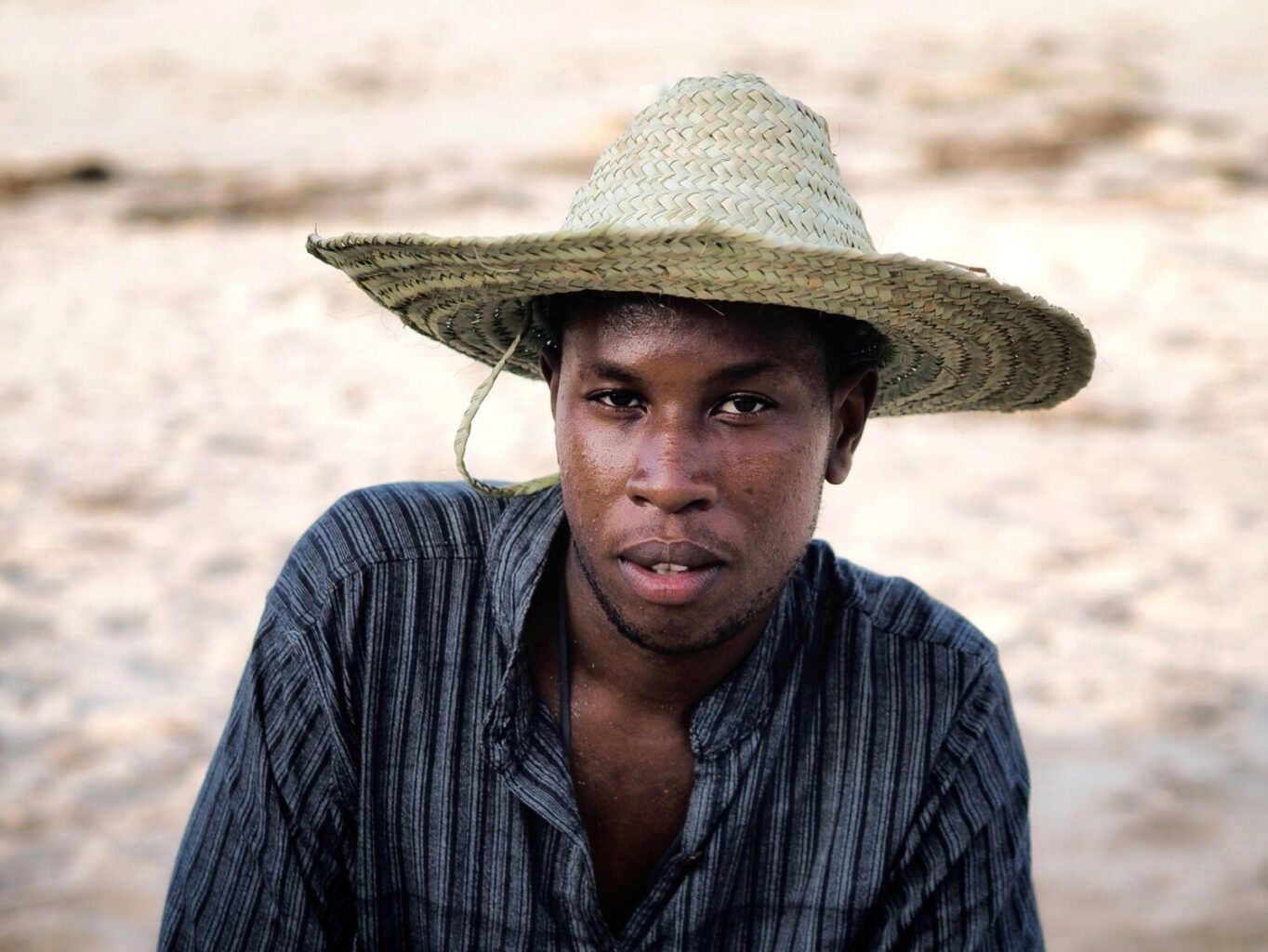
Alex Chege, Kenya
Alex Chege is a PhD student at Stony Brook University in New York. Originally from Kenya, Chege attended the University of Western Australia. After working with an international team of research scientists at Operation Wallacea in the Calakmul Biosphere Reserve in Mexico, he joined the Institute of Primate Research and the Karura Forest Association as a research assistant in their black-and-white colobus monkey conservation project. His mentors include Dr. Catherine Markham and the late Dr. Richard Leakey. His dissertation is on primate adaptations to coastal habitats in Kenya, where primates have been observed foraging on marine resources. After his PhD, Alex intends to continue research in primate behavioral ecology and evolution with hopes of collaborating with international groups inside and outside of Kenya.
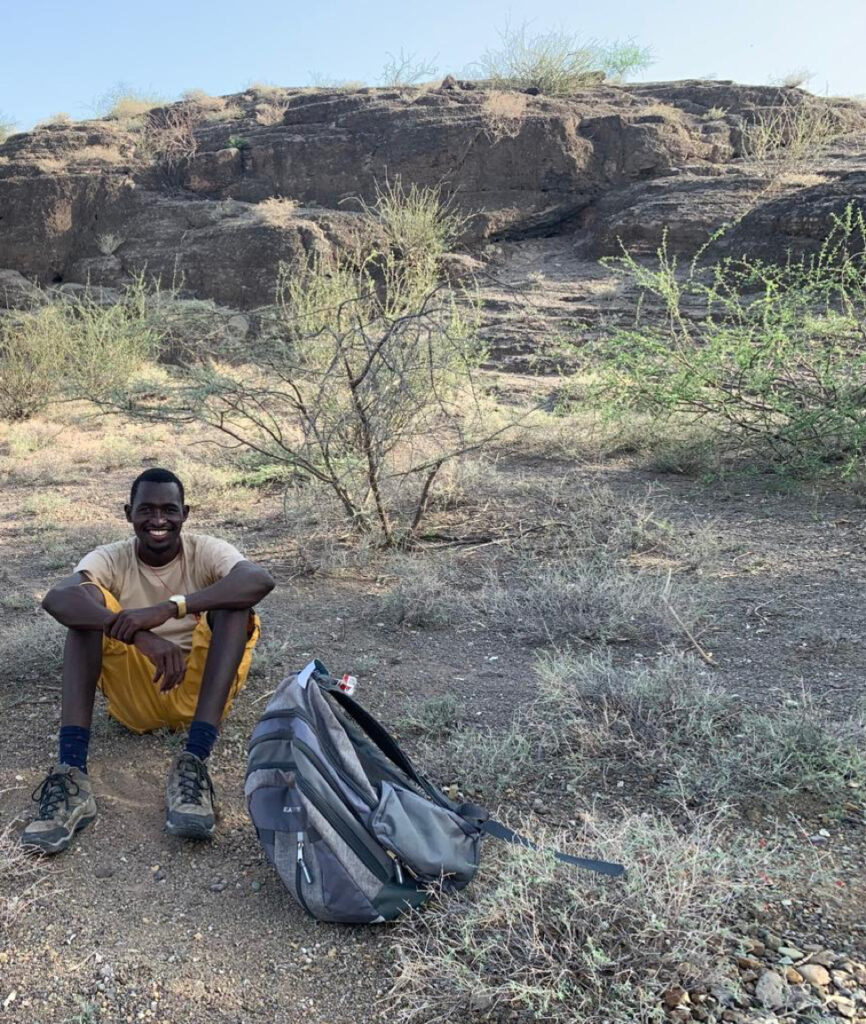
Aoron Eipa Emmanuel, Kenya
Aoron Eipa Emmanuel received his master’s degree from Turkana University College in Kenya in February 2022. He has been involved in a research project at the Topernawi site in Kenya since 2019–a site which holds special meaning for him as it is located in the heart of his family’s ancestral home near the Topernawi sand river. His family are semi-nomadic pastoralists and had no financial means to send him to primary or secondary school, making Emmanuel the only one in his family to seek a formal education. He supported himself through a combination of scholarships and work, including work as a high school biology and chemistry teacher.
Emmanuel believes that studying evolution will give him a unique understanding of how diverse organisms respond to environmental changes. He also has a keen sense of how important it is for Kenyans to know more about their own past.
Emmanuel has been accepted to Harvard University as a special graduate student, where he will be included in the Harvard Research Scholar Initiative. After graduating, Emmanuel hopes for an academic position in Kenya, where he can lead research and promote evolutionary concepts to the next generation.
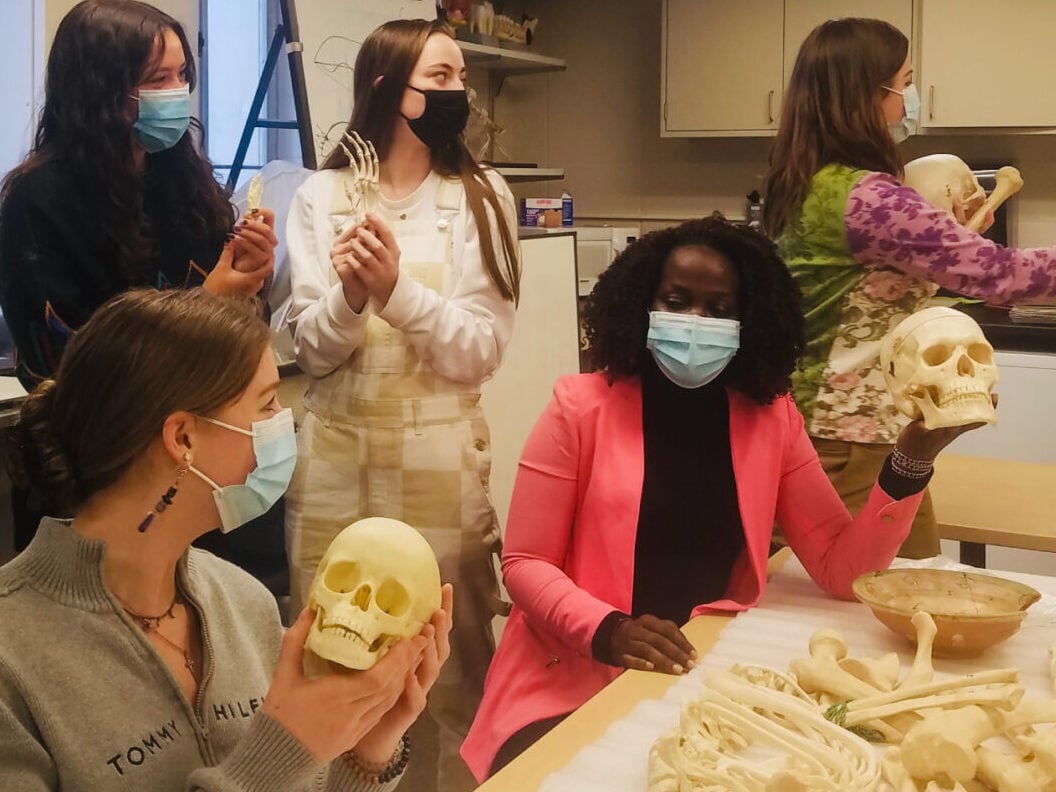
Penina Emanuel Kadalida is a graduate student from Tanzania who is pursuing a PhD at the University of Minnesota in order to become a broadly trained paleoanthropologist. Her research will focus on investigating the evidence for early paleolithic toolmakers at a newly discovered site in northern Tanzania. Upon completing her doctoral studies, her goal is to become a senior researcher in paleoanthropology and to expand research capabilities in Tanzania by establishing a paleoanthropological lab there.
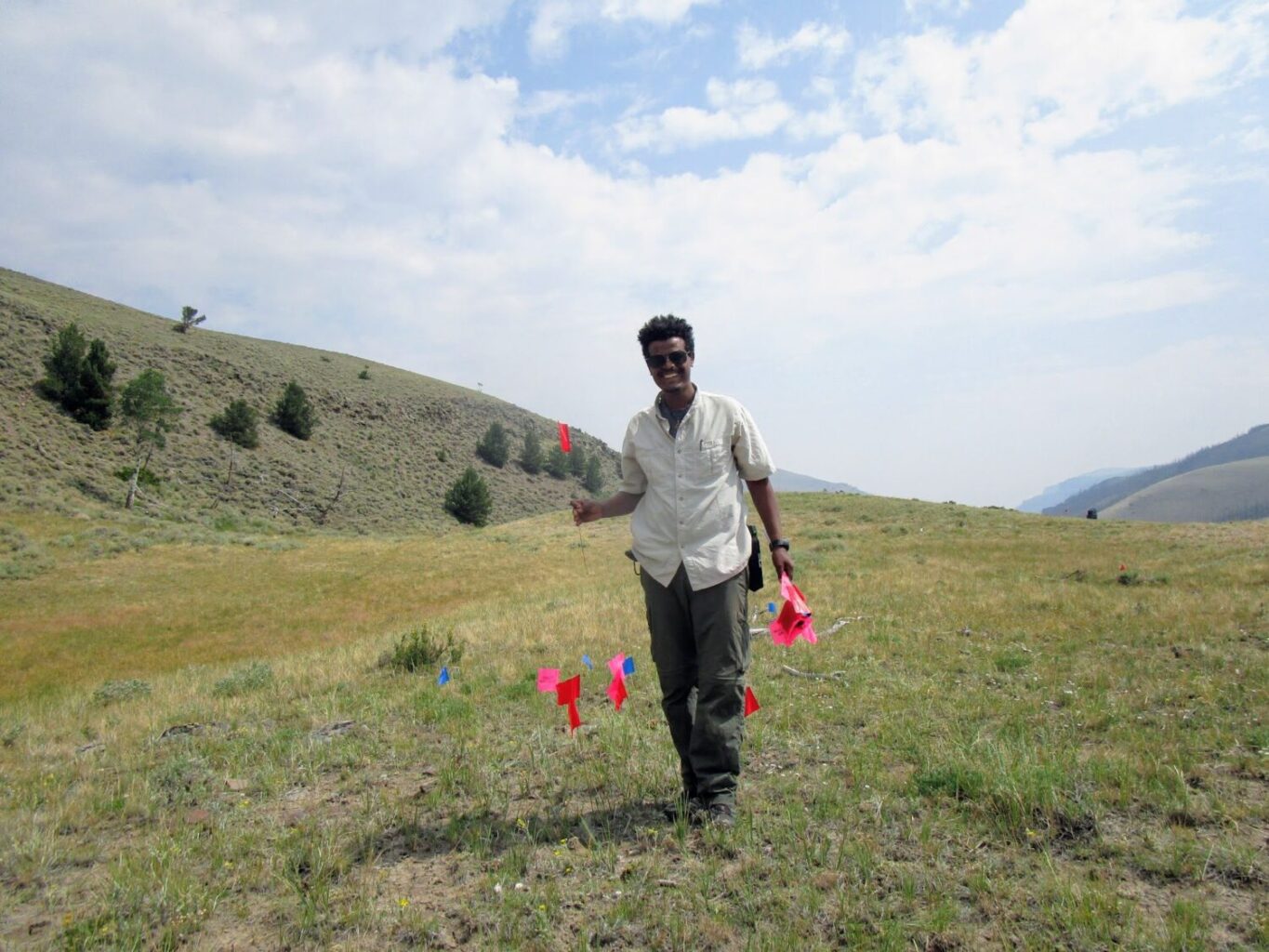
Tewabe Negash Kassaw, Ethiopia
Tewabe Negash Kassaw is a PhD student from Ethiopia. His desire to learn about prehistoric life and the evolution of our ancestors developed during his undergraduate and master’s education at Addis Ababa University. After earning his master’s degree, he worked as an archaeology curator at the National Museum of Ethiopia. Tewabe is pursuing his PhD at Colorado State University with Dr. Michael Pante as his advisor. His research will focus on the context of the extinction of Australopithecus and the origin of the genus Homo. His goal is to become a research scientist in Ethiopia at either the Center for Human Origins of Addis Ababa University or the Authority for Conservation of Cultural Heritage.
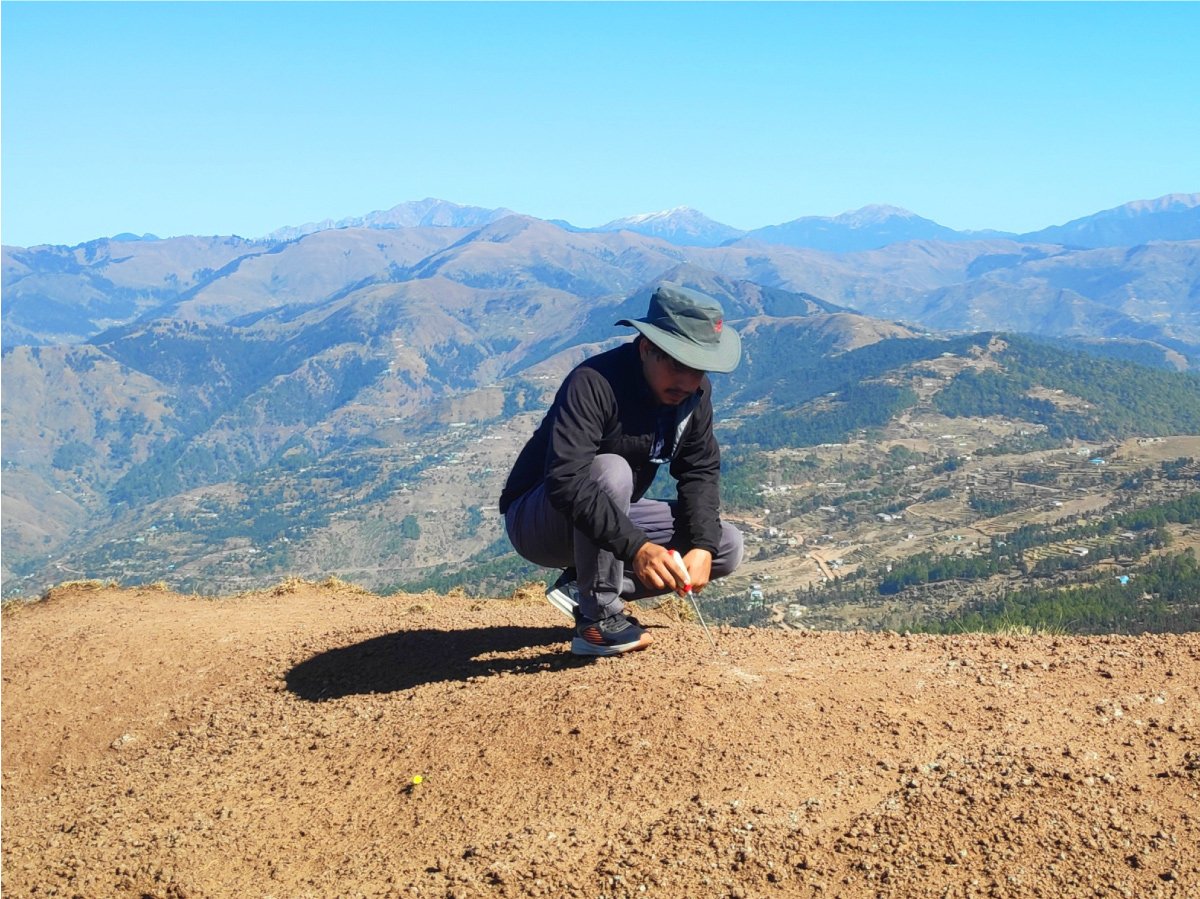
Rohit Kumar, India
Rohit Kumar’s interest in paleontology research was sparked when he had the opportunity to participate in fieldwork with Indian paleontologist Prof. Rajeev Patnaik. Prof. Patnaik now serves as his Ph.D. supervisor at Panjab University Chandigarh. During his fellowship visit to the United States, Kumar will have access to various museums for comparative studies of fossils and will learn about methods such as 3D geometric morphometry and phylogenetic analysis.
Kumar’s Ph.D. research is ongoing in Siwaliks of Haritalyangar, Ramnagar, and foreland basin Kutchh (GJ), India. These sites are well known for their primate and other fossil assemblages, and they are crucial in understanding the evolution and biogeography of many mammalian groups. After obtaining his Ph.D., he intends to pursue a career in academia, preferably as an assistant professor or postdoctoral researcher.
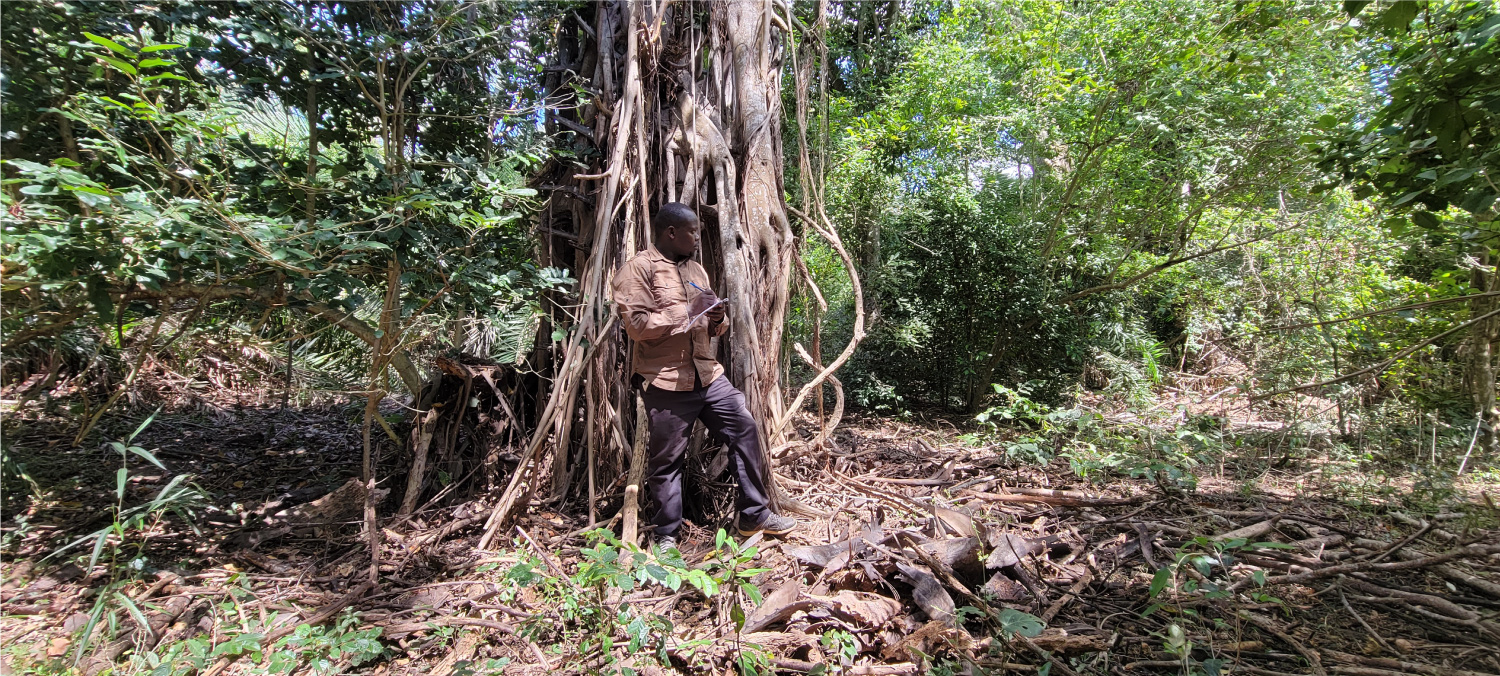
Charles Kivasu Maingi, Kenya
Charles Kivasu Maingi is a PhD student at Rutgers University. He earned his undergraduate and master’s degree from the University of Nairobi, focusing on conservation. Maingi worked as a research assistant on the Tana River Mangabey Nutrition Ecology and Conservation Project in Kenya, led by Dr. Stan Kivai, at the National Museums of Kenya. His PhD research will focus on primate social behavior and stress levels under the supervision of Professor Ryne Palombit. His career goals are to lead and manage primatological programs in Kenya and share knowledge about primates and evolution with the public. After earning his PhD, he plans to return to Kenya to work in primatology as a researcher and educator.
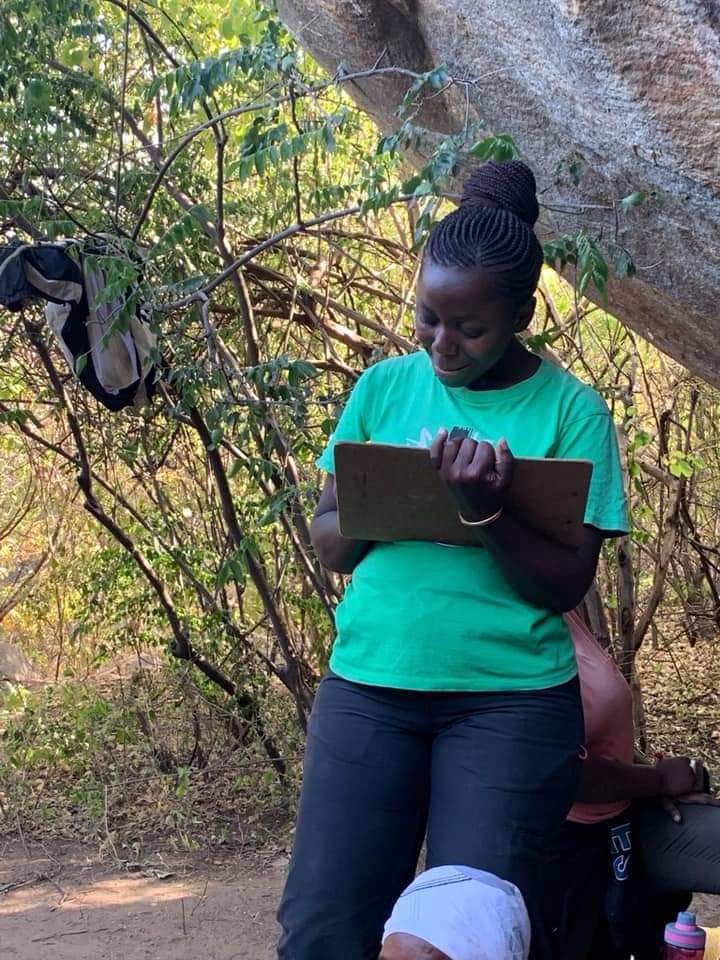
Husna Mashaka, Tanzania
Husna Mashaka is a graduate student from Tanzania who is pursuing a master’s degree at the University of Nairobi. Her main area of interest is phytolith analysis. For her master’s thesis, she plans to reconstruct the paleoenvironment of the Kisese II landscapes at Kondoa, Tanzania, by using proxy data from phytoliths. Her ultimate goal is to earn her PhD and return to Tanzania to pursue a career in archaeological research and cultural heritage management.
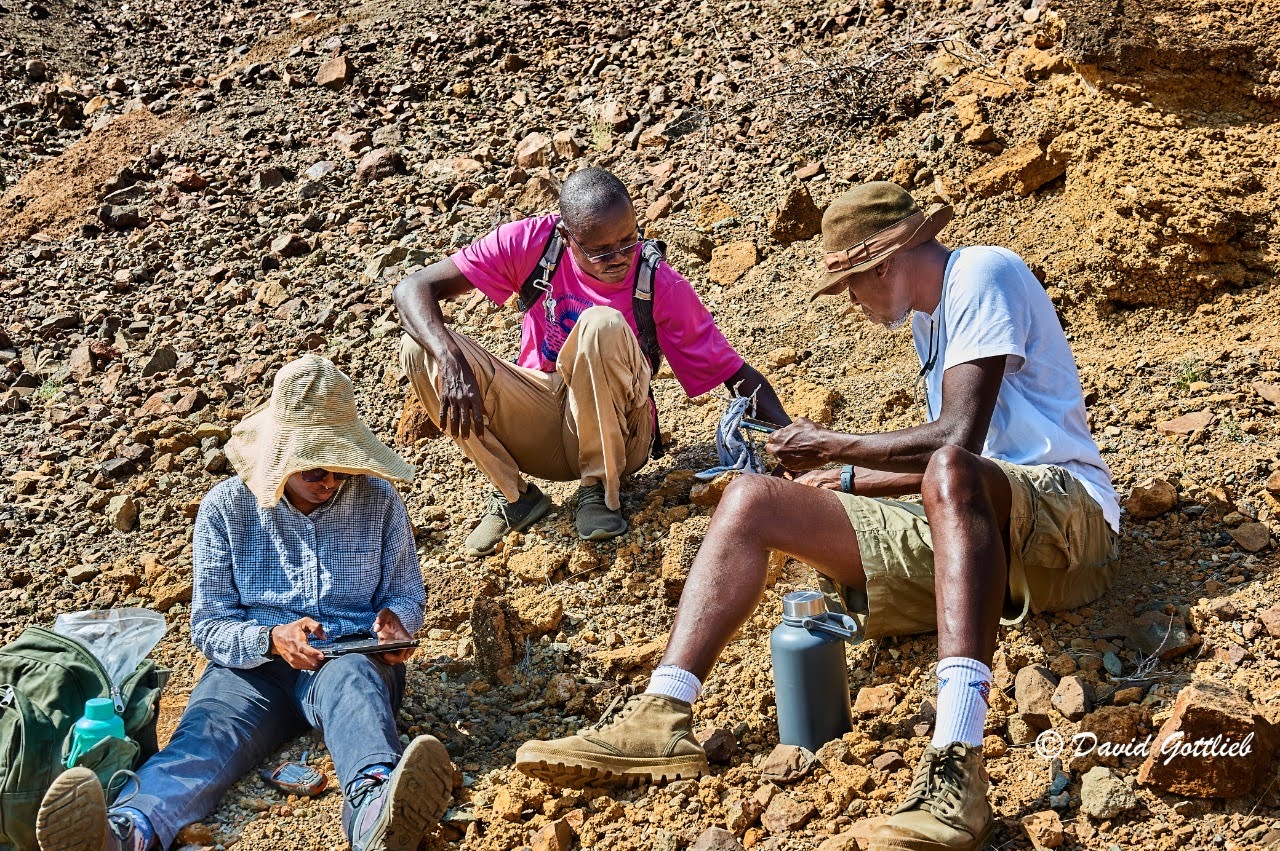
Winfred Wambui Mbogo, Kenya
Winfred Wambui Mbogo is a graduate student at Stony Brook University who earned her undergraduate degree in anthropology at the University of Nairobi. In 2019, she joined the Turkana Basin Institute as the field school resident director. Immersion in the field environment increased her understanding of human evolution and ignited her passion for paleoanthropology. For her research project, she will study the evolution of the anthropoid inner ear with Prof. Fred Spoor from the Natural History Museum, London. After completing her degree, she plans to return to Kenya to lead field-based research in the Turkana Basin.

Seminew Asrat Mogesie, Ethiopia
Seminew Asrat Mogesie is an archaeologist in the Authority for Research and Conservation of Cultural Heritage (ARCCH) in Ethiopia where his job involves research and conservation of archaeological records. In this capacity, he collaborates with international scholars conducting archaeological and paleoanthropological expeditions in Ethiopia and elsewhere.
Seminew holds a special interest in understanding ancient humans, climate, and the environment. He is pursuing a PhD under the supervision of professor Enza Spinapolice of the Sapienza University of Rome.
His aspirations are to be a successful professor and researcher in the discipline of human prehistory. He plans to develop a field research project in Ethiopia where he can boost public awareness, locate new fossil and archaeological sites, and train students to work alongside scholars from various disciplines.
Sharifah Namaganda, Uganda
Sharifah Namaganda is pursuing a PhD in anthropology at the University of Michigan. Her research focuses on the locomotor and postural behavior of wild chimpanzees. Her career goal is to be actively involved in primatological research with a position in academia. Uganda is rich in primate life, but there are no opportunities to take a primate biology course at any level of education. Her determination to incorporate primatology into the Ugandan university curriculum contributes significantly to her decision to pursue further training in anthropology. After her training in the USA, she hopes to work with faculty from Makerere University’s Zoology Department to incorporate primatology classes into the curriculum and provide undergraduate and graduate student research mentorship to interested students.
She hopes to inspire more Ugandans to study primates, and to build a network of people who understand primate biology and are motivated to help conserve the animals.
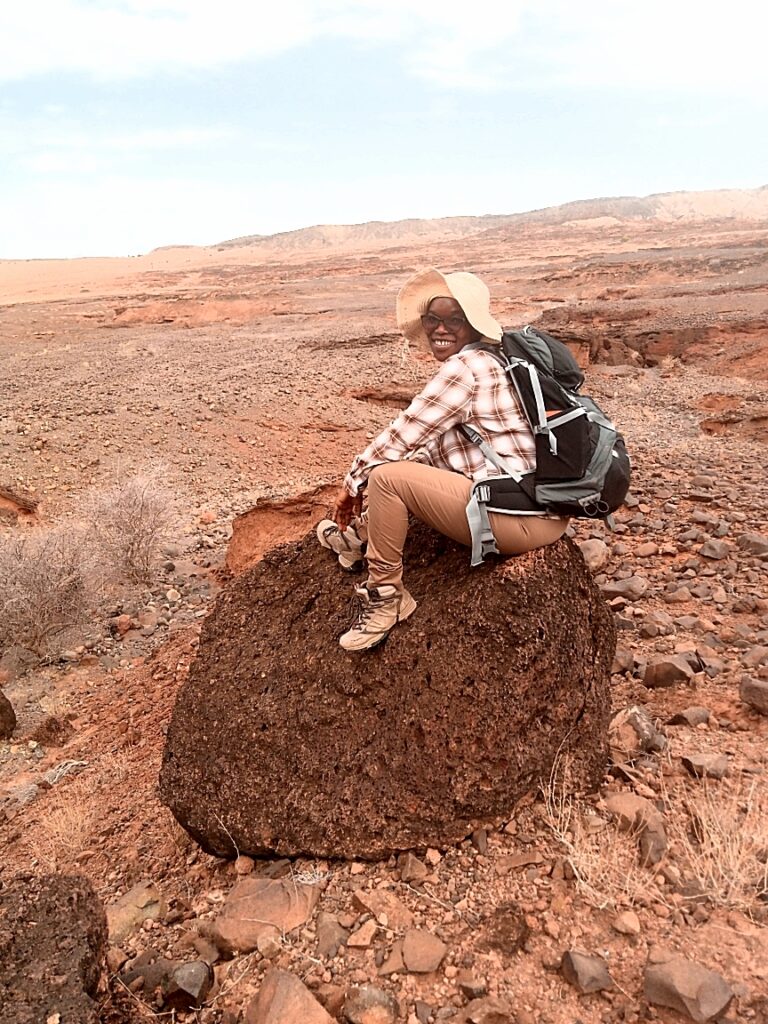
Everlyne Omondi, Kenya
Everlyne Omondi is a PhD student at the University at Albany where she will join the Paleobiology Lab. She completed her BS in zoology from Maasai Mara University and she earned an advanced certificate in paleoanthropology from the Turkana Basin Institute. Her graduate work will focus on the analysis of late Miocene taxonomic and ecological turnover in large mammal faunas from eastern Africa. She has participated in several field work expeditions in the Turkana Basin focusing on the late Cenozoic geology and paleontology of the region. Omondi also held multi-year intern positions for paleontology and paleoanthropology collections housed at the National Museums of Kenya in Nairobi, and the Turkana Basin Institute in Iliret.
Eve plans to come back to Kenya as an established researcher and mentor African students aspiring to pursue a career in paleoanthropological sciences, as there are few paleoanthropologists in Kenya.
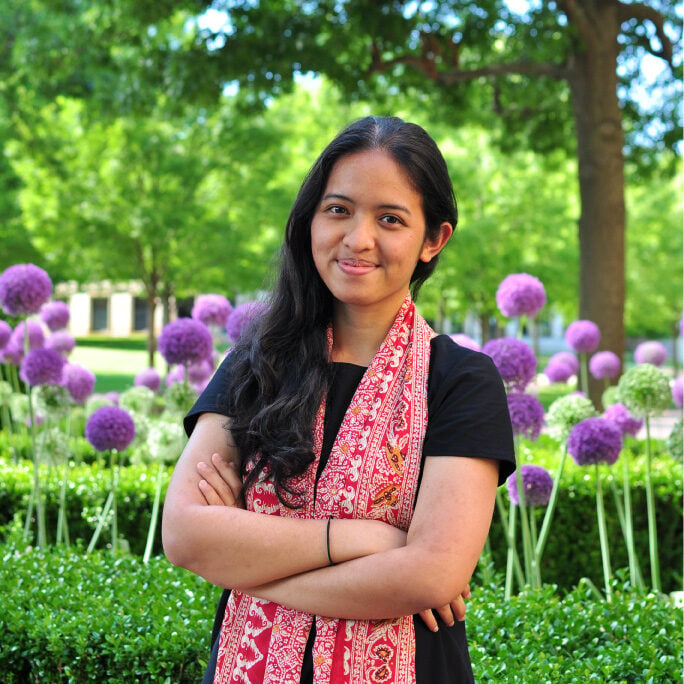
Putu Pujiantari, Indonesia
Putu Mas Itha Pujiantari is a PhD student at the University of Arkansas. She hopes to better understand how environmental change today impacts primate food choice, with implications for conservation and understanding the evolution of past primate communities over deep time. The specific questions she’d like to work on involve dietary responses to anthropogenic environmental stressors, including direct impacts, such as forest fires and other habitat loss, and indirect ones, such as global warming and extreme weather events.
Her studies so far have given her the chance to learn dental microwear analysis techniques not available in Indonesia. She expects to learn many more new approaches to studying primates in the coming years in Arkansas and in the field when she conducts her dissertation research. She plans ultimately to bring this knowledge home to Indonesia to help train the next generation of Indonesian primatologists with a broader understanding of primate ecology and its evolutionary context.
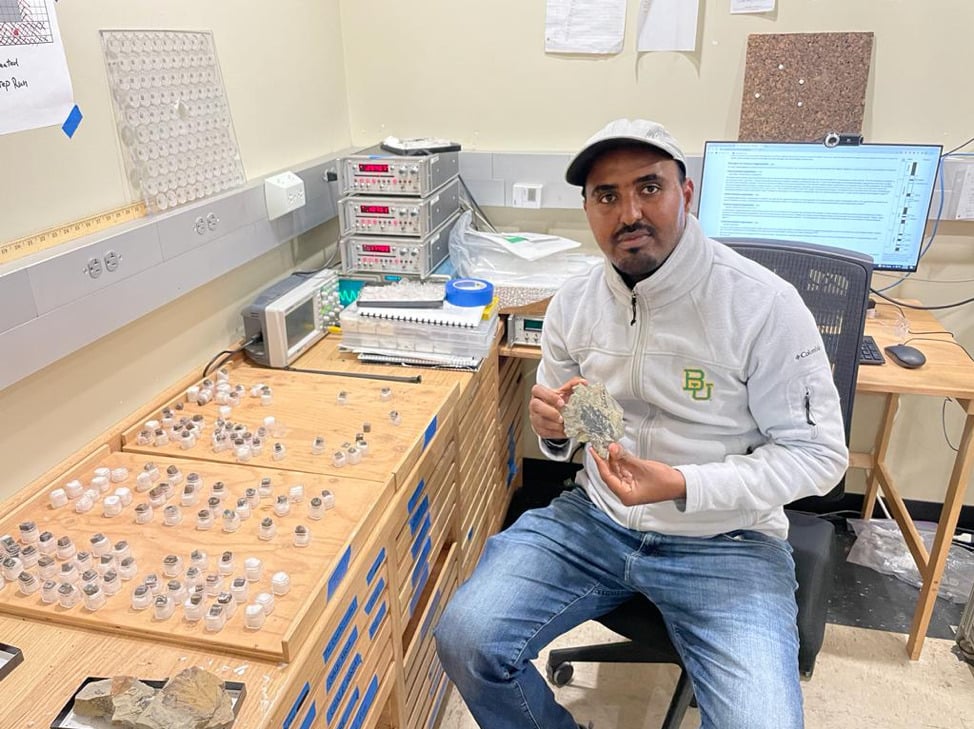
Kahsay Nugsse Tesfay, Ethiopia
Kahsay Nugsse Tesfay is pursuing a PhD in geoscience at Baylor University. His research focuses on the geological and tectonic history of rifts. He plans to use this information to support studies of early hominid evolution and human fossil archives in Eastern Africa. In his work at Gona in Ethiopia, his research will make it possible to assess how hominids interacted with their environment and evolved through time. He is passionate about paleomagnetic investigation and feels that too little attention has been paid to the questions on which he is focused. He believes that the research he proposed to conduct at Gona will not only be interesting and rewarding, but will also give him the experience in the field necessary to apply toward his goal of becoming an academic professor and researcher who focuses on scientific research problems in Eastern Africa.
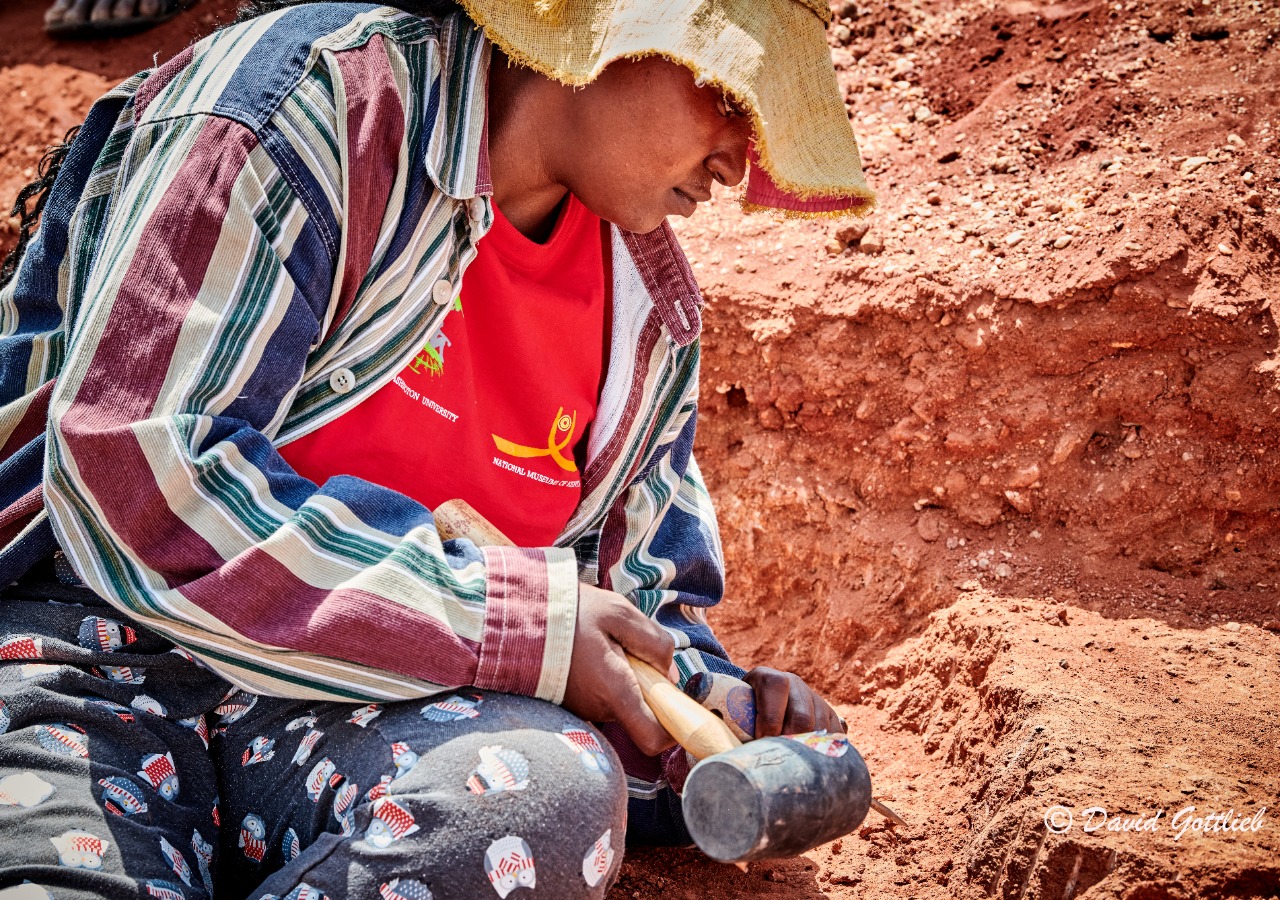
Theresia Muthoni Thuku, Kenya
Theresia Muthoni Thuku is pursuing a Master’s Degree in palaeoanthropology from the University of Nairobi in Kenya. Last year, she had the advantage of joining the Turkana Miocene Project co-directed by the late Dr. Isaiah Nengo. For the whole month of June 2021, she took part in the Napudet Research Project. Through this project, she gained experience, improved her skills in excavation, and polished her fossil collection skills. Additionally, she learned about geology and familiarized herself with paleobotany.
Just before completing her time in the field, she and Dr. Nengo identified four fossil teeth specimens from Napudet, as the subject for her thesis. She has since developed a keen interest in the dental morphology of Middle Miocene apes.
After completing her master’s studies, her goal is to enroll in a PhD program to further her expertise in palaeoanthropology. She intends to continue providing technical assistance to her school in its efforts to develop a multidimensional and wide-ranging course for physical anthropology. After earning her PhD, she hopes to become an instructor of paleoanthropology.
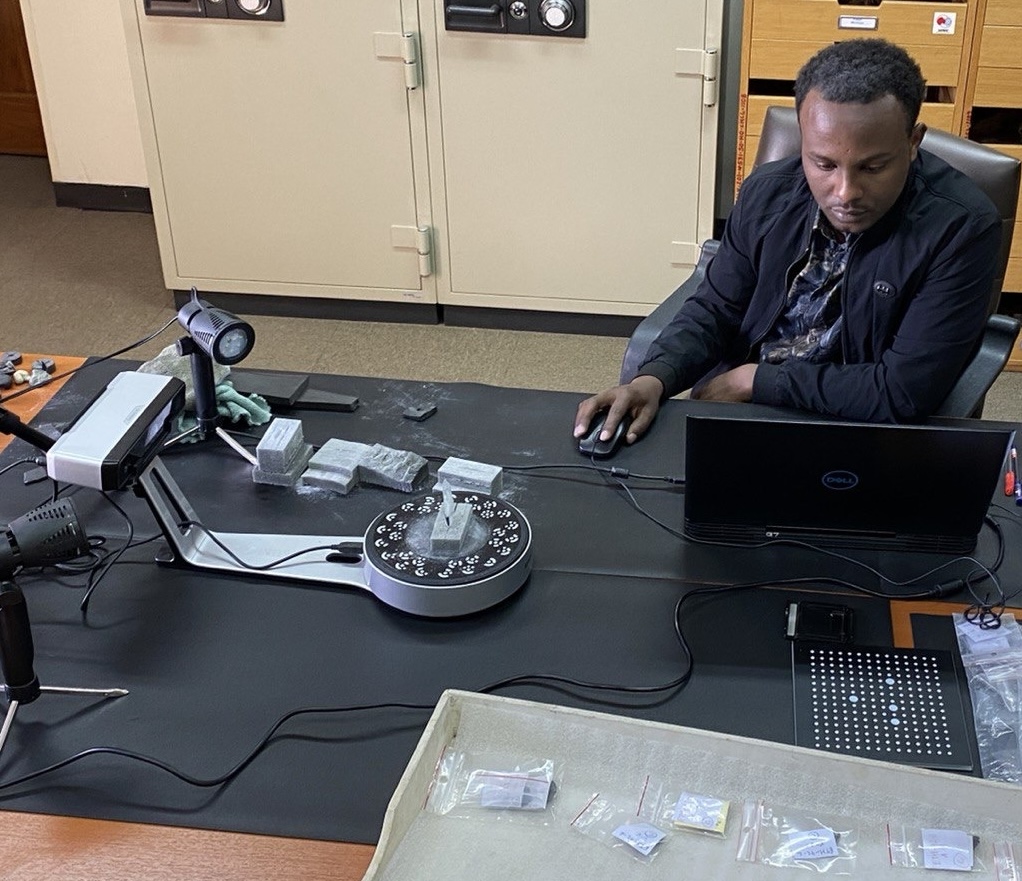
Misganaw Gebremichael Woldetsadik, Ethiopia
Misganaw Gebremichael Woldetsadik was inspired to pursue a PhD from the University of Bordeaux after working as a junior archaeology researcher at the Authority for Research and Conservation of Cultural Heritage (ARCCH) at the National Museum of Ethiopia. His home country, Ethiopia, is pivotal for the study of human evolution. However, fast-growing developmental activities are threatening heritage sites, and there is a critical lack of home-based researchers, PhD programs, and trained personnel to study and tackle these important conservation issues.
His PhD research will focus on early Homo sapiens material culture through the study of stone tool assemblages held in the collections of the National Museum of Ethiopia. He will also participate in future fieldwork in the Middle Awash and Shungura Formation.
His goal is to become a researcher in his current home institution and to teach prehistoric archaeology to the next generations of students at Addis Ababa University.
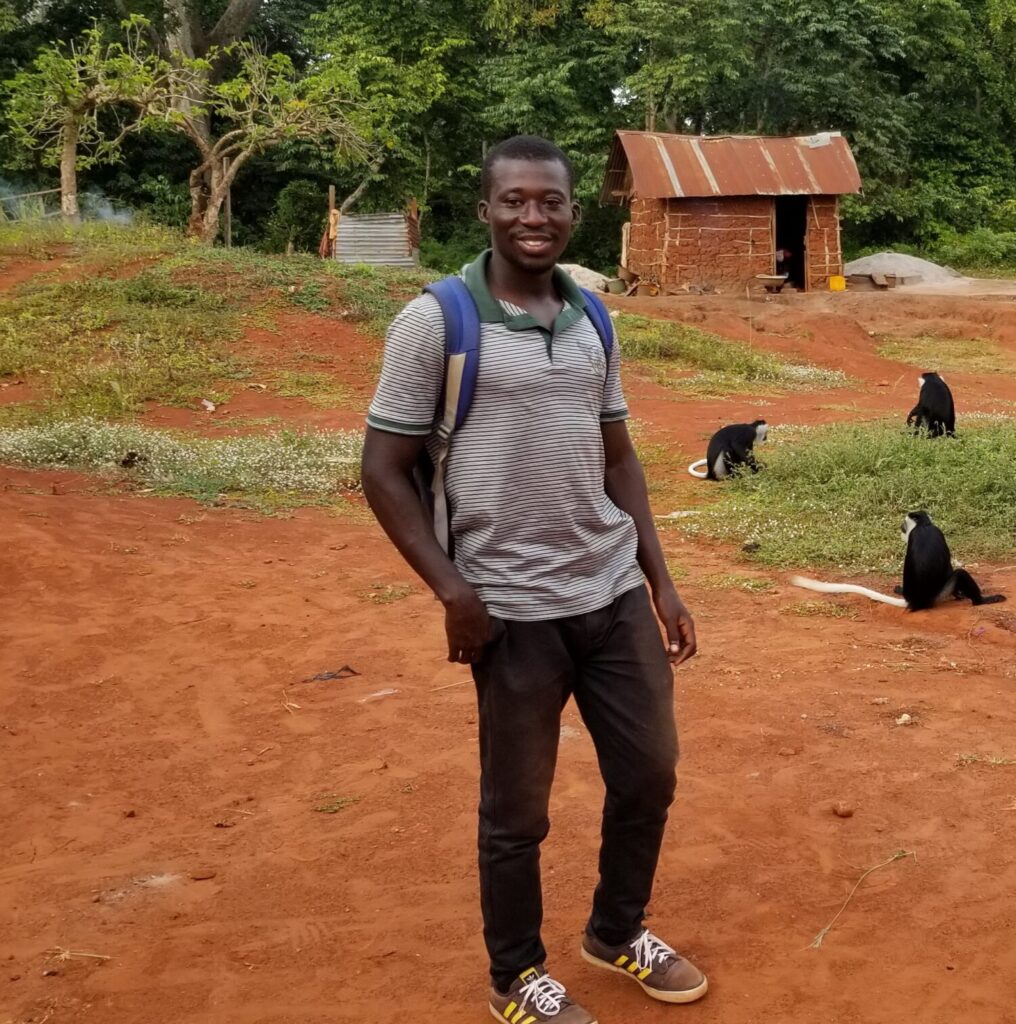
Bright Adu Yeboah, Ghana
Bright Adu Yeboah is from the village of Boabeng, a rural community in Central Ghana. He graduated from the University of Energy and Natural Resources (UENR) in Sunyani and earned a master’s degree from the University of Calgary. Bright was a teaching and research assistant at the Ecotourism, Recreation, and Hospitality department at UENR. He also volunteered at the Boabeng-Fiema Monkey Sanctuary (BFMS), where he became interested in primatology. He was a field assistant in an international field school program at the BFMS, hosted by the University of Calgary in Canada. Bright is a PhD student at the University of Texas, San Antonio, with Dr. Eva Wikberg as his advisor. His career goal is to become a lecturer at the University of Energy and Natural Resources in Ghana, which will allow him to train future researchers in biological anthropology.
Sema Yilmaz, Turkey
Sema Yilmaz earned two master’s degrees at Istanbul University, one in anthropology and one in climate change studies, focused on the impact of climate change on trees in the habitat of western chimpanzees. Yilmaz is now pursuing a PhD at the University of Oulu in Finland. Her dissertation will center on unstudied and unpublished small mammal fossils from the Dawaitoli Formation in the Afar region of Ethiopia.
Her long-term plan is to return to her home country to train a sufficient number of students to play important roles in paleoanthropology and archaeology.


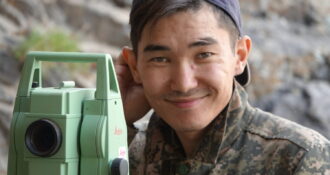
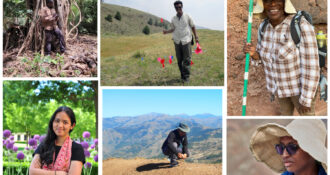
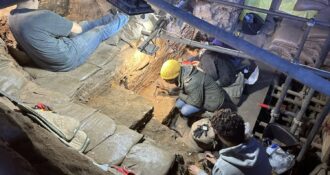
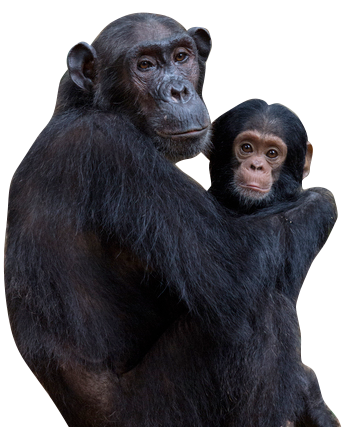
Comments 0